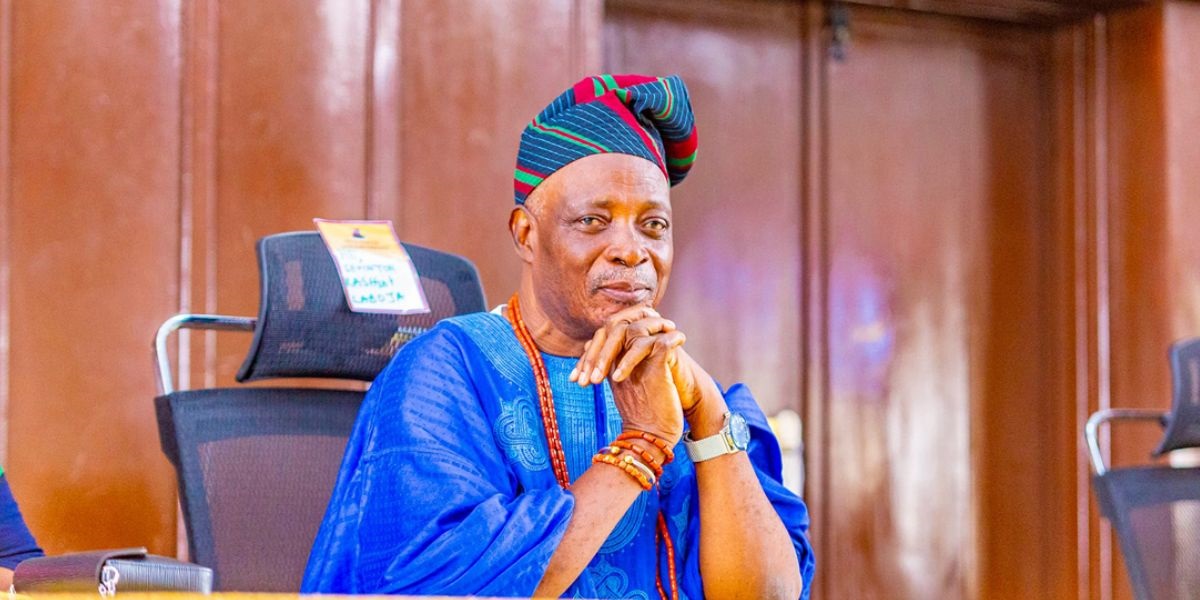
● Pushes for diaspora voting, electoral offences tribunal
The Independent National Electoral Commission (INEC) has proposed discontinuing the Permanent Voter Card (PVC) as the sole means of voter accreditation during elections.
INEC Chairman, Prof. Mahmood Yakubu, disclosed this yesterday during a meeting with Resident Electoral Commissioners (RECs) in Abuja, stating that the proposal is part of recommendations to be presented to the National Assembly Joint Committee on Electoral Matters.
Yakubu explained that the introduction of the Bimodal Voter Accreditation System (BVAS) has necessitated a review of the use of PVCs as the only mode of voter identification on Election Day. He suggested that computer-generated slips issued to voters or downloaded from the INEC website could suffice for accreditation.
“Those who already have PVCs can still use them to vote, but going forward, computer-generated slips issued to the voter or downloaded from the Commission’s website will suffice for voter accreditation. This will not only save cost but also eliminate issues around PVC collection and the malpractice of buying PVCs to disenfranchise voters,” Yakubu said.
The INEC chairman noted that with the completion of five off-cycle governorship elections and nine out of 21 bye-elections since the 2023 general elections, now is the ideal time to implement recommendations from the Commission’s post-election review.
He highlighted the need for legal clarity on result management, particularly concerning manual transfer versus electronic transmission of results. Yakubu revealed that the Commission has identified 142 recommendations covering voter management, electoral operations, result management, election technology, and voter education.
Of these recommendations, 86 require administrative action by INEC, while 48 involve collaboration with stakeholders, including security agencies, mobile network operators, political parties, and civil society organisations. Eight recommendations require legislative amendments by the National Assembly.
Yakubu said the recommendations include early or special voting for essential election workers such as INEC officials, security personnel, and journalists deployed outside their registration areas. The Commission is also advocating diaspora voting and the establishment of an electoral offences tribunal and an agency to regulate political parties.
Other reforms include updating protocols for cleaning the voters’ register in collaboration with the National Identity Management Commission (NIMC) and the National Population Commission (NPC), enhancing logistics agreements with transport unions, and improving voter education to combat misinformation.
Yakubu assured Nigerians of the Commission’s commitment to improving access to polling units and addressing the participation of underrepresented groups in the electoral process.
The proposed reforms will be presented to the National Assembly for legislative action as part of the ongoing electoral reform process.






